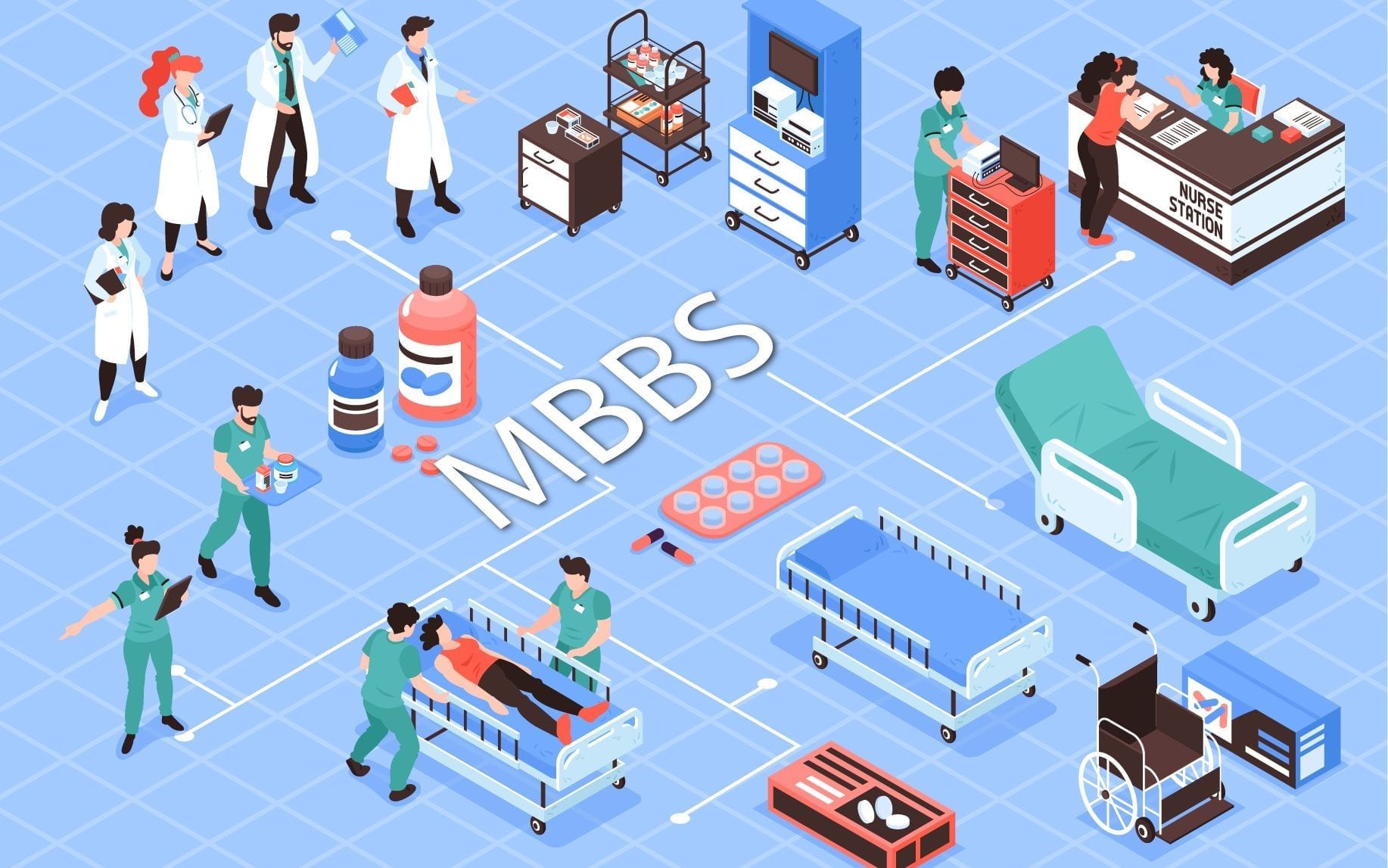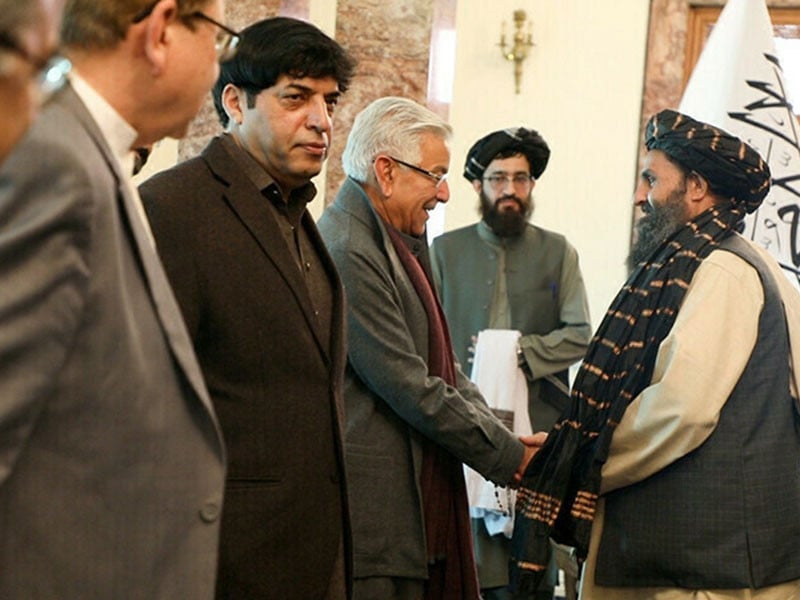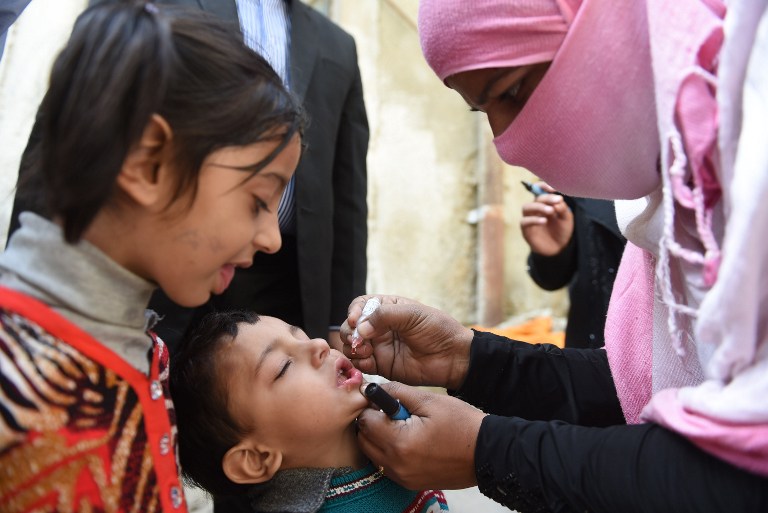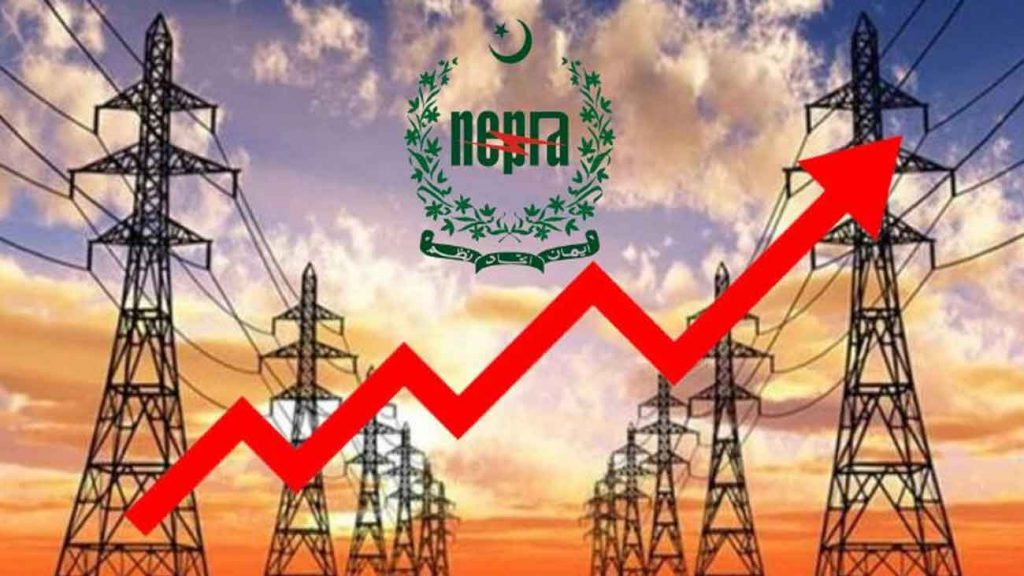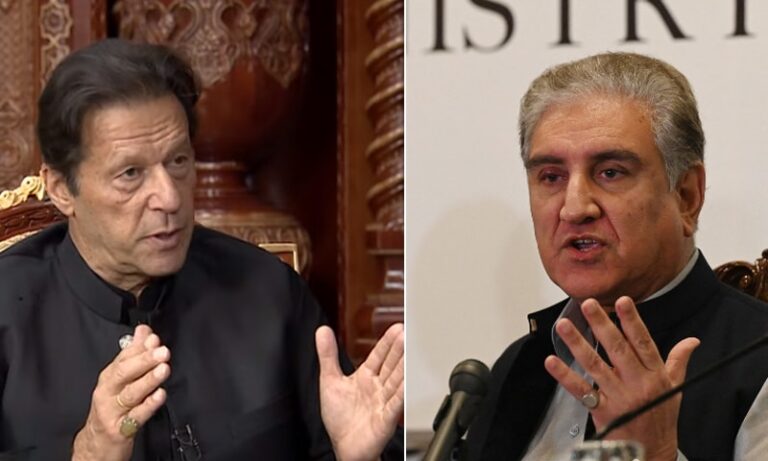Editorial
Doctors generally do not acquaint with literature; However, for this article, they may refer a bit too literary terms. Let us define tragedy in two connotations! The literal connotation attributes an event causing great suffering, destruction, and distress, such as a severe accident, crime, or natural catastrophe.
However, the literary reference is aesthetically mournful; it refers to a play dealing with tragic events and having an unhappy ending, especially concerning the main character’s downfall. Then, symbolically, the MBBS is the character that has met doom.
MBBS is dead, so the tragedy envelopes the medical world in Pakistan. The recent ad-hoc recruitment of doctors is manifesting the tragedy. No one could have believed a decade earlier that thousands of MBBS-qualified doctors would not have even adhoc appointments in future. The saturation is there to the extent that even the political interference is enormous in the Adhoc process of appointments.
The degree stands out as the pinnacle of the medical profession in Pakistan. The constitution of Pakistan protects the medical profession. The council of common interests regulates the profession. CCI is a common sphere between the federation and provinces. However, this constitutional power is only regarding the regulations of the profession. Then, according to schedule four of the constitution, health and services are provincial subjects. Therefore, provinces have established their health departments to ensure the objectives of health and services through their official rules of business . The provincial government’s administrative prerogative is medical education, recruitment, and terms and conditions of services of the profession. The regulation of the private sector is also the executive prerogative of the concerned provincial government. Hence, the provincial governments have administrative monopolies over public and private medical services and extensions.
Historically, the public sector has been regulating the medical education and the profession in Pakistan. Therefore, it had comparatively the attributes of merit, transparency and competition; it was not because of the will of the government but owing to the monopoly of the public sector over medical education coupled with meagre opportunities for the students, the merit and criteria were competitive. Then, aspirants, who generally could not get admission into public medical colleges, went abroad to study and came back in numbers to occupy positions in the medical job market, whether public or private. It started squeezing the opportunities for the graduates of public medical colleges who always aspired themselves the best medical talent.
Then, sporadic expansion of the private medical colleges hit the last nail in the coffin of Public medical colleges and students alike. Approval of private medical colleges is the black day in Pakistan’s history of medical education and profession. The move paved a way for the capitalization of medical education. Then, the private medical colleges affiliated with public medical universities are still acceptable; what about private medical universities awarding medical degrees like grocery shops? It has degenerated the quality of medical education and the objectives of medical education. The profession is noble and divine. Nothing is superior to saving one’s life and treating patients. However, the capitalistic reformation of medical education and the profession have degenerated the noble cause of the profession. Hence, it is a money-making business now.
There are two casualties of the capitalization of medical education and profession; the graduates of public medical colleges and the ordinary people of Pakistan. The talented students of middle-class families get admission into public colleges after a cutthroat competition. Then, affluent families send their children abroad to study; or get them admitted into private colleges. The class struggle comes; All of them do their degrees irrespective of the qualitative standards. Students from affluent families are rich in political and administrative resources; therefore, they snatch career opportunities from the students of middle-class families. They get public jobs because they have administrative and political linkages; they establish their clinics and hospitals because they have the resources. The public medical graduates who are more talented lag behind. Hence, this is how the capitalist mafia work in Pakistan.
It is so perplexing that the state and society are mere spectators. How can a state allow the medical mafia to overtake the fundamental obligation of the state? The provision of free health services is the primary obligation of a state. The capitalistic mafia is investing mammoth in the health sector and earning enormous profits. The public at large is causality. Then, the public health system collapses, and the people are at the mercy of the medical mafia. Investors are establishing private hospitals and recruiting middle-class doctors who are in numbers in the job market, and the former are earning and exploiting not only the medical graduates but also the people. Hence, the state is a spectator.
However, the most troubling part is the government’s defeat in providing primary health facilities to ordinary people. The much-hyped health card scheme is an expression of the government’s administrative collapse. The government is providing millions of rupees to the exploitative private medical sector to provide health facilities to those who hold health cards. Why does government not improve their public health system? The health card will finally destroy the public health system if not regulated in line with the development of the public health system. The governments do not want to reform the health sectors, as it is laborious and politically less advantageous. Pharmaceutical companies are also part of the mafia, and the government cannot regulate the industry. Critics attribute the medical mafia penetrates deep into the administrative, judicial and political circles; thus, they can protect their economic interests.
A welfare state must provide accessible and qualitative health facilities to the people. The health sector must be independent of the mafia. Medical education should be competitive, and the quality of the degree should remain centralized and competitive. There is no issue in providing private medical education, but the government should centralize the standards and degree awarding mechanism. Then, jobs must be competitive; FPSC and PPSC should only recruit medical graduates. The government must upgrade the terms and conditions of the public medical civil services. There is a need to reign in the private sector. It can only happen if the public sector goes through a rigorous reformation.
Last but not the least, let us all save the prestige of the MBBS degree and the profession by ensuring merit, competition and transparency! Let us all bring down the capitalization of the medical profession!



































